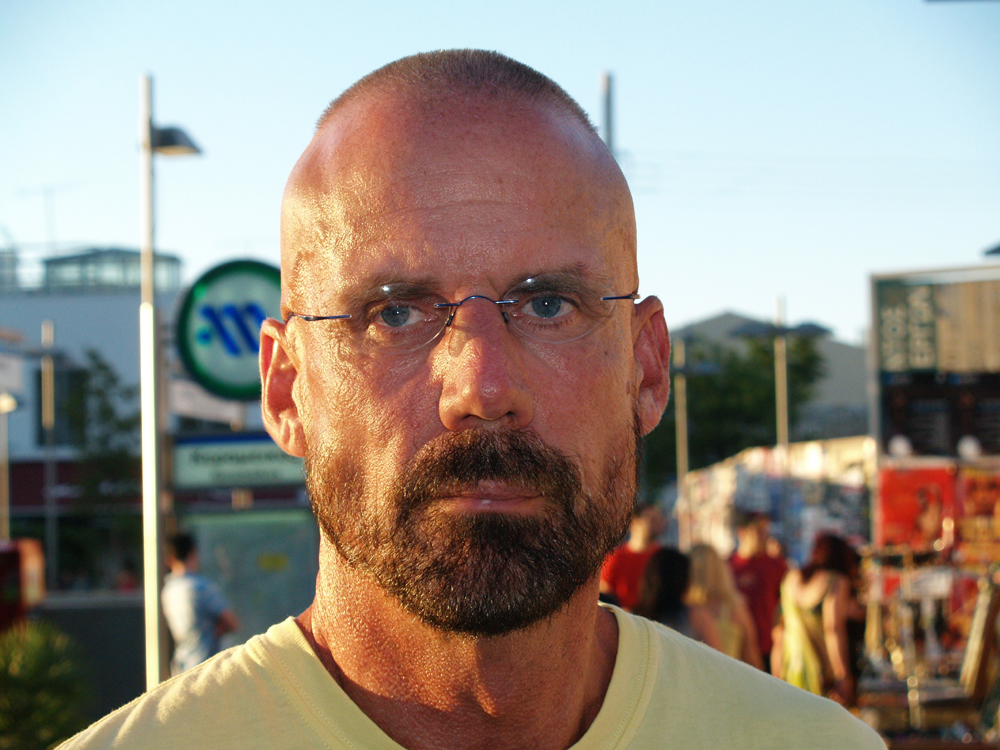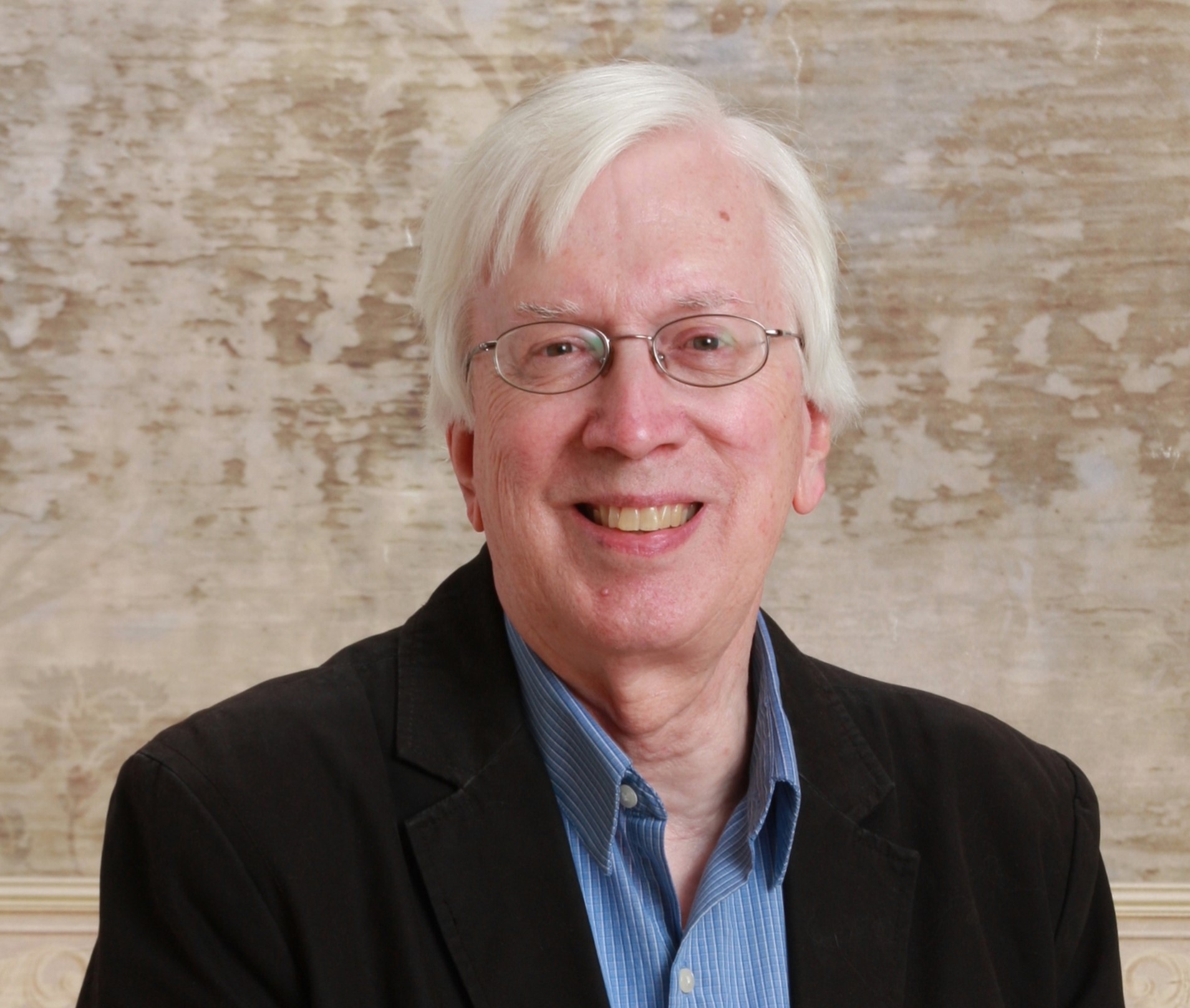Jaap Geerlof
COVID-19: The Latest Pandemic
 Jaap Geerlof
Jaap GeerlofOn the last day of 2019, health officials from China reported to the World Health Organization (WHO) about a group of 41 patients with similar symptoms of an unknown type of pneumonia. The outbreak in China became world news. On January 7, 2020, Chinese authorities identified a novel coronavirus as the cause of the symptoms. Scientists believe the novel coronavirus jumped from bats to pangolins to humans at the Huan Wholesale Seafood …

 Anna Frost
Anna Frost Tracy Cooper
Tracy Cooper R. Mark Bell
R. Mark Bell  Melita Balas Rant, PhD
Melita Balas Rant, PhD Daryl S. Paulson
Daryl S. Paulson Devon Almond
Devon Almond Alexandre de Faria
Alexandre de Faria  Maximilian Manderscheid
Maximilian Manderscheid  Zsusanna Gaspar
Zsusanna Gaspar Patrick Smytzek
Patrick Smytzek  Robertson Work
Robertson Work